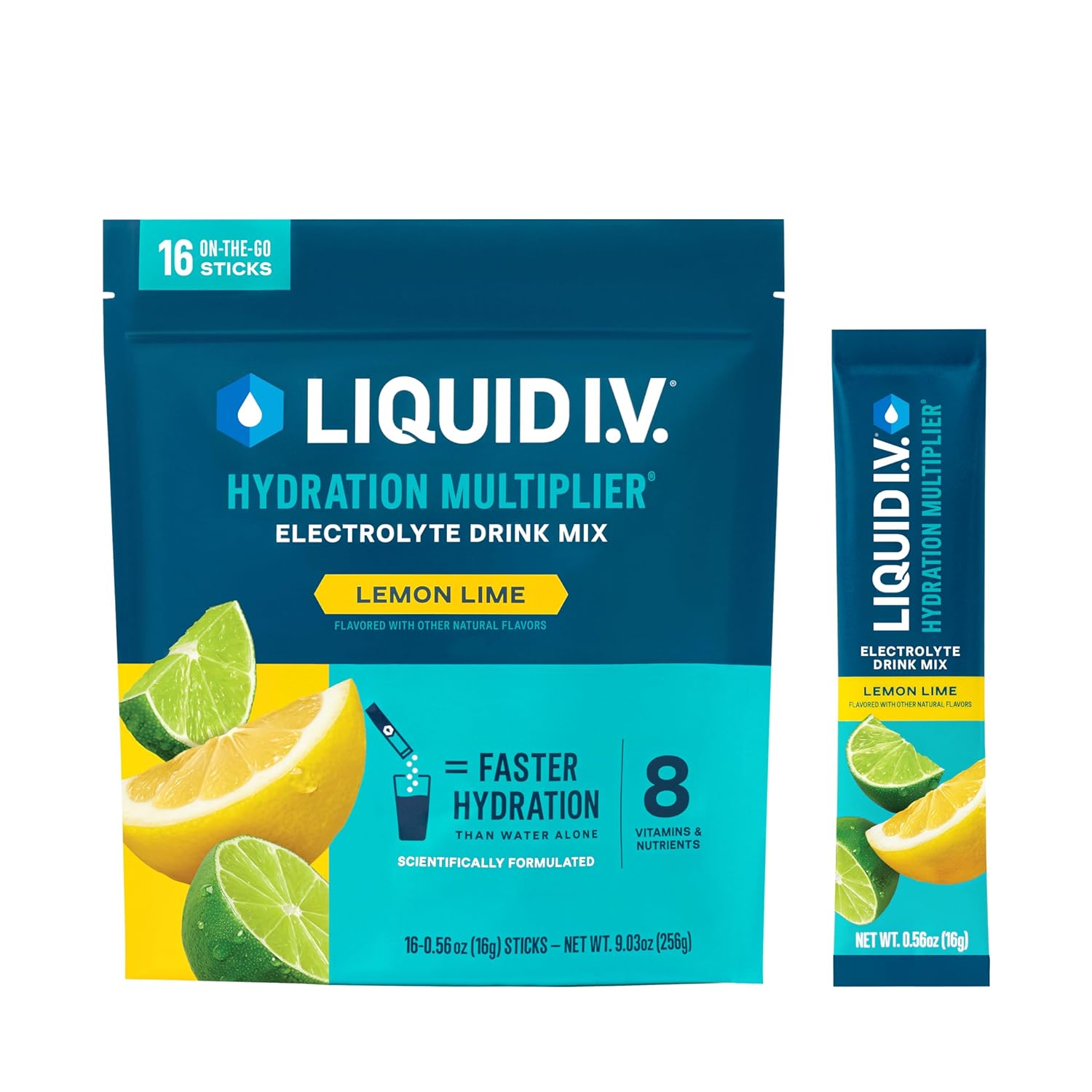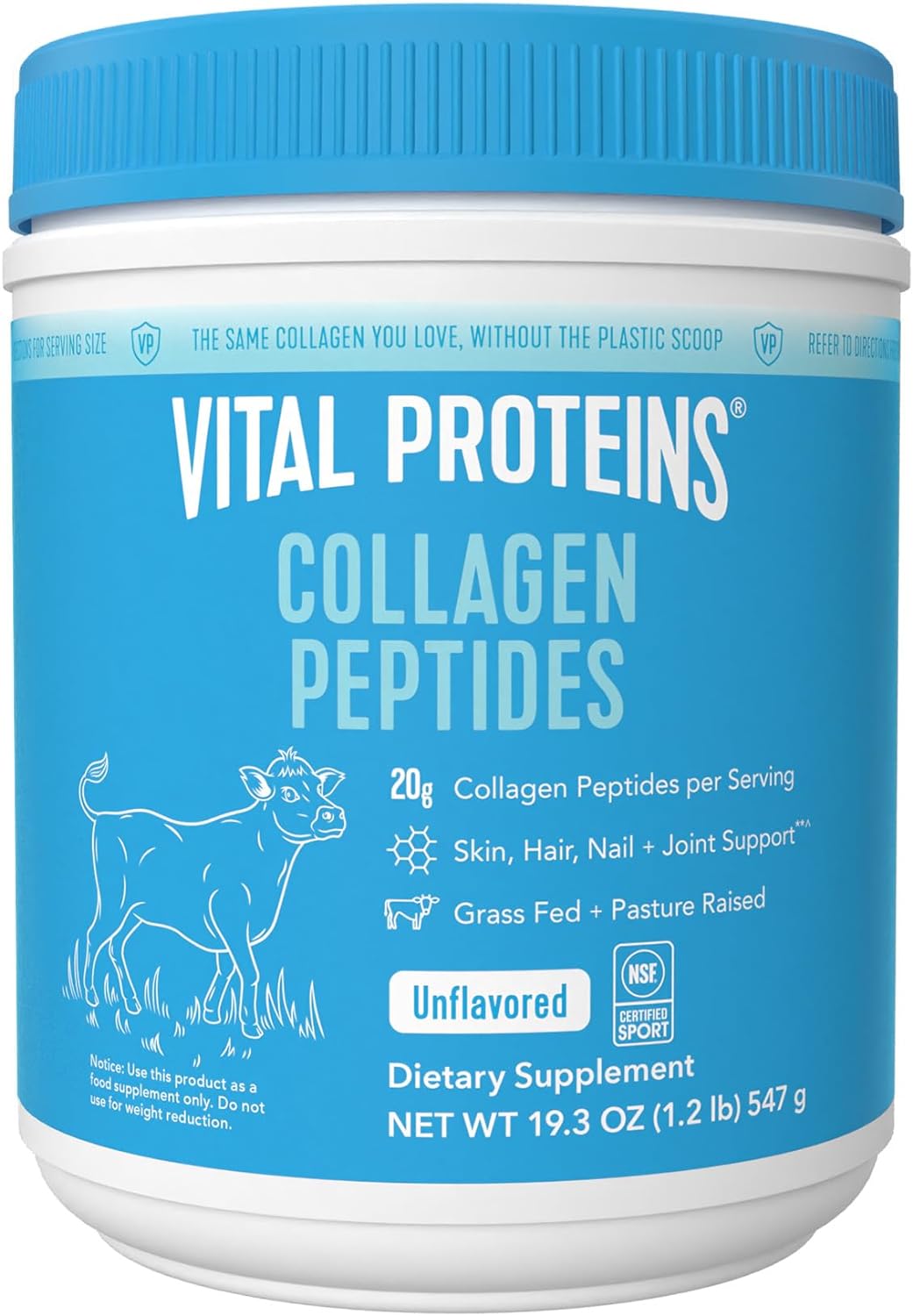
Common Health Concerns and How to Address Them for a Happier Life
From Aches to Zzzs: Tackling and Overcoming Health Concerns to Take Charge of Your Well-being
published: Wednesday, May 15, 2024
From nagging aches to restless nights, navigating health issues can be overwhelming. This article is your roadmap to understanding, managing, and overcoming these hurdles for a happier, healthier life, offering practical insights and strategies. Discover how to take charge of your well-being and unlock your full potential.
Understanding Common Health Concerns
Mental Health
Understanding common health concerns is the first step towards reclaiming control over your well-being. It's essential to recognize the impact of stress on your overall health. Stress management techniques like deep breathing exercises, mindfulness practices, and regular physical activity can significantly alleviate the effects of stress on your mind and body. Remember to prioritize self-care activities that bring you joy and relaxation.
Seeking professional help is not a sign of weakness but a proactive step towards better mental health. If you find yourself struggling to cope with stress or experiencing persistent feelings of anxiety or depression, don't hesitate to reach out to a qualified mental health professional. They can provide personalized strategies and therapies to help you through challenging times. Building a support system of friends, family, or support groups can provide invaluable emotional support and encouragement along your journey to improved mental well-being. Remember, you are not alone: there are resources and people ready to support you every step of the way.
Chronic Conditions
Chronic conditions like diabetes, obesity, and cancer require careful management and awareness. For diabetes, incorporating lifestyle modifications such as a balanced diet, regular exercise, and monitoring blood sugar levels can significantly improve your overall health. By making small changes to your daily habits, you can better control your diabetes and reduce the risk of complications.
Obesity is another prevalent health concern that can have serious implications for your well-being. Adopting healthy eating habits and incorporating regular exercise into your routine is essential to managing obesity. Focus on consuming a balanced diet rich in fruits, vegetables, whole grains, and lean proteins while limiting processed foods and sugary beverages. Additionally, engaging in physical activity helps with weight management and boosts your mood and overall health. For cancer, awareness and prevention are paramount. Stay informed about common risk factors and screening guidelines, and prioritize preventive measures such as maintaining a healthy lifestyle, avoiding tobacco use, and scheduling regular check-ups with your healthcare provider. By staying proactive and informed, you can take control of your health and reduce the risk of chronic conditions.
Cardiovascular Health
Taking care of cardiovascular health is crucial for a long and fulfilling life. Regular exercise is one of the best ways to keep your heart strong and healthy. Aim for at least 30 minutes of moderate-intensity exercise most days of the week. You can start with simple activities like brisk walking, cycling, or swimming. Find activities you enjoy, and make them a routine. Exercise strengthens your heart and helps lower blood pressure, control weight, and reduce stress, all of which are important for cardiovascular health.
In addition to staying active, a heart-healthy diet can significantly improve your cardiovascular health. Add plenty of fruits, vegetables, whole grains, and lean proteins into your meals. Limit saturated fats, trans fats, cholesterol, sodium, and added sugars. Opt for healthier cooking methods like baking, grilling, or steaming instead of frying. Be mindful of portion sizes, and aim for balanced meals that provide essential nutrients while keeping calories in check. By making smart food choices, you can support your heart health and reduce the risk of cardiovascular disease. Finally, managing hypertension and cholesterol levels is essential for preventing heart problems. Monitor your blood pressure and cholesterol regularly, and work with your healthcare provider to develop a plan to keep them within a healthy range. This may involve medications, lifestyle changes, or a combination of both. Remember that small changes can make a big difference in protecting your heart health for years.
Substance Abuse: Tobacco and Alcohol
Addressing substance abuse, whether it's tobacco or alcohol, is crucial for your overall health and well-being. If you or someone you know is struggling with addiction, there are numerous addiction recovery resources available to provide support and assistance. These resources may include counseling services, support groups such as Alcoholics Anonymous or Nicotine Anonymous, and rehabilitation programs tailored to individual needs. Remember, seeking help is a brave and important step towards overcoming addiction and reclaiming control over your life.
Quitting smoking or cutting back on alcohol consumption, having effective cessation strategies is essential. To gradually reduce your intake or quit altogether, start by setting clear goals and creating a plan. Consider seeking professional guidance from a healthcare provider or addiction specialist who can provide personalized support and recommend evidence-based treatments such as nicotine replacement therapy or medication for alcohol dependence. Additionally, surrounding yourself with a supportive network of friends and family can make a significant difference in your journey toward sobriety. Remember, quitting is challenging, but with determination, support, and the right resources, you can overcome addiction and lead a healthier, happier life.
Our Favorite
Physician's Choice Probiotics 60 Billion CFU
Support your digestive and immune health with our potent Probiotics 60 Billion CFU. Formulated with 10 diverse probiotic strains and organic prebiotics, this probiotic supplement helps maintain a healthy gut microbiome. Expertly crafted to alleviate occasional constipation, diarrhea, gas, and bloating, it offers comprehensive support for both men and women. Our probiotic capsules are designed to survive the acidic environment of the gut, ensuring maximum colonization of beneficial bacteria. Backed by scientific research and expert physician reviews, you can trust in the quality and effectiveness of our non-GMO and sustainably sourced probiotics. With Physician's Choice Probiotics, you're making an informed choice for your digestive and overall health.

Changing Health Trends
Impact of Age on Health Concerns
As you age, it's common to face unique health concerns that require special attention. Age-related conditions such as arthritis, osteoporosis, and cognitive decline become more prevalent: but there are proactive steps you can take to prevent or manage these issues. Engaging in regular physical activity, maintaining a healthy diet rich in essential nutrients, and staying mentally active through puzzles, games, or social interactions can help keep your body and mind sharp as you age. Regular check-ups with your healthcare provider can also help detect any potential health issues early on, allowing for prompt intervention and treatment.
Senior wellness programs offer a valuable resource for promoting overall health and well-being in older adults. These programs often include activities and services tailored to the specific needs of seniors, such as fitness classes, nutrition education, preventive health screenings, and social outings. Participating in these programs helps seniors stay physically active and socially engaged and provides opportunities to connect with others with similar interests and experiences. Social engagement is vital for elderly health, as it can help combat feelings of loneliness and isolation, which are common among older adults. Whether joining a local senior center, volunteering in the community, or attending social events, staying connected with others impacts physical and mental health as you age.
Health Concerns Across Gender
Understanding the nuances of health concerns across genders is essential for maintaining optimal well-being in your life. Women's health advocacy is crucial in addressing the unique healthcare needs and challenges faced by women. From reproductive health issues like menstrual disorders and menopause to conditions like breast cancer and osteoporosis, women's health encompasses a wide range of topics that require specialized attention and support. By advocating for increased awareness, access to healthcare services, and research funding, you can help ensure that women receive the comprehensive care they deserve.
Similarly, raising awareness about men's health is vital for promoting early detection and prevention of common health conditions that affect men. From prostate cancer and erectile dysfunction to heart disease and mental health issues, men face their own set of health concerns that may require tailored interventions and support. Encouraging regular health screenings, promoting healthy lifestyle habits such as regular exercise and nutritious eating, and fostering open conversations about mental health can help men prioritize their well-being and lead healthier lives. Moreover, promoting gender-inclusive healthcare initiatives is essential for ensuring that individuals of all genders receive equitable and respectful care. Advocating for healthcare practices that recognize and address patients' diverse needs and experiences contributes to creating a more inclusive healthcare system that benefits everyone.
Race and Health Disparities
Racial health inequities persist across various health conditions, with certain racial and ethnic groups facing higher rates of disease burden and poorer health outcomes. By addressing racial health inequities, we can work towards ensuring that everyone has the opportunity to attain their highest level of health. This involves acknowledging the structural and systemic factors contributing to health disparities, such as socioeconomic status, access to healthcare, and environmental factors.
Culturally competent healthcare practices are essential for providing quality care to individuals from diverse racial and ethnic backgrounds. Healthcare providers must recognize and respect patients' cultural beliefs, values, and preferences to deliver effective care. This may involve offering language interpretation services, incorporating cultural practices into treatment plans, and fostering trust and rapport with patients. Additionally, community-based health interventions play a critical role in addressing racial health disparities by engaging with local communities to identify and address their unique health needs. By partnering with community organizations, healthcare providers can develop targeted interventions that address the underlying determinants of health and promote health equity. Together, we can work towards eliminating racial health disparities and ensuring that everyone has the opportunity to lead a healthy life.
Our Favorite
Liquid I.V. Hydration Multiplier
Stay hydrated and energized with Liquid I.V. Hydration Multiplier. This electrolyte drink powder is designed to help you hydrate 2x faster than water alone, making it perfect for workouts, travel, and late nights. Lemon Lime flavor offers a zesty and refreshing taste that's sure to become your new favorite. With Cellular Transport Technology, it ensures rapid absorption for efficient hydration. Plus, it's non-GMO, gluten-free, and made with premium ingredients, including five essential vitamins. Enjoy on-the-go hydration with these convenient single-serving stick packets. By choosing Liquid I.V., you're not only supporting your own health but also contributing to a global impact through partnerships with water-focused organizations.

Specialized Health Topics
what health concerns are associated with eating disorders?
Understanding eating disorders is essential for recognizing the signs and symptoms in yourself or a loved one. Common signs include significant weight loss or fluctuations, obsession with food or body image, and secretive behavior around meals. If you or someone you know is experiencing these symptoms, seek help from a healthcare professional. Treatment options for eating disorders typically involve a combination of therapy, nutritional counseling, and medical supervision. Therapy, such as cognitive-behavioral therapy (CBT) or dialectical behavior therapy (DBT), can help address the underlying emotional and psychological factors contributing to the disorder. Nutritional counseling aims to establish healthy eating habits and restore a balanced relationship with food. In severe cases, medical intervention may be necessary to address medical complications associated with the disorder.
Support groups and resources are invaluable for individuals recovering from eating disorders. Connecting with others who have similar experiences can provide understanding, encouragement, and accountability throughout the recovery process. Support groups may be facilitated by mental health professionals or offered through community organizations or online platforms. Additionally, there are numerous resources available, including helplines, websites, books, and educational materials, offering information, guidance, and support for individuals and their families affected by eating disorders. Remember, recovery is possible, and you are not alone in your journey toward healing and reclaiming a healthy relationship with food and your body.
what health concerns are associated with energy drinks?
While energy drinks provide a quick energy boost, they also have potential health risks. Excessive consumption of energy drinks can lead to increased heart rate, elevated blood pressure, dehydration, and sleep disturbances. Additionally, the high sugar and caffeine content in these drinks can contribute to weight gain, dental problems, and dependency over time. Be mindful of how much and how often you consume energy drinks to avoid potential adverse effects on your health.
Follow safe consumption guidelines to minimize the risks associated with energy drink consumption. Limit your intake to moderate amounts and avoid consuming multiple energy drinks in a short period. Be mindful of the caffeine content in each serving, and consider opting for caffeine-free or low-caffeine alternatives when possible. Additionally, avoid mixing energy drinks with alcohol or other stimulants, as this can increase the risk of adverse effects and potential harm. Instead of relying on energy drinks for a quick energy boost, consider incorporating healthier alternatives into your routine, such as staying hydrated with water, eating balanced meals and snacks, regular exercise, and practicing stress management techniques like deep breathing or mindfulness. Prioritizing your overall health and well-being maintains sustainable energy levels without relying on potentially harmful energy drinks.
Our Favorite
Vital Proteins Collagen Peptides Powder
Elevate your wellness routine with Collagen Peptides Powder, a premium supplement designed to support your hair, skin, nails, and joint health. Made from a single ingredient—hydrolyzed collagen peptides sourced from grass-fed, pasture-raised cows—this supplement is easily digested and absorbed by the body for maximum benefit. Incorporate it into your daily routine by mixing it into your favorite cold or hot beverages, such as coffee, tea, or smoothies. With its high-quality sourcing and Whole30 Approved, Paleo Friendly, and Kosher certifications, you can trust that you're getting a clean and sustainable product that aligns with your dietary preferences and lifestyle. Experience the difference with Vital Proteins Collagen Peptides Powder and unlock the potential for healthier hair, nails, skin, and joints.

Advocating for Your Health
Overcoming Doctor Bias
Assertive and straightforward communication strategies can help you navigate interactions with healthcare providers and ensure your concerns are heard and addressed. Be clear and direct when expressing your symptoms, concerns, and preferences during appointments. If you feel that your doctor is dismissing or minimizing your health concerns, don't hesitate to speak up and assertively advocate for yourself. Remember that you have the right to ask questions, seek clarification, and actively participate in decisions regarding your healthcare.
Seeking second opinions can provide valuable insights and alternative perspectives on your health concerns. If you're uncertain about a diagnosis or treatment plan, don't hesitate to consult with another healthcare provider for a second opinion. Different doctors may have varying approaches and experiences, so seeking additional input can help you receive comprehensive care. Additionally, advocacy organizations and resources are available to support individuals facing doctor bias and healthcare discrimination. These organizations can provide information, guidance, and advocacy support to help you navigate challenging healthcare situations and access care. Remember that you deserve to be treated with respect, dignity, and empathy by your healthcare providers: don't hesitate to reach out for support if you encounter bias or discrimination in your healthcare experiences.
what are health concerns for children?
Prevention is critical to ensuring your child's well-being. Childhood obesity is a growing issue that can have serious long-term health consequences. Promoting healthy eating habits and regular physical activity helps prevent obesity and promote a lifetime of good health for your child. Encourage your child to eat a balanced diet rich in fruits, vegetables, whole grains, and lean proteins, and limit sugary snacks and beverages. Make physical activity a fun and integral part of their daily routine by incorporating activities like outdoor play, sports, or family walks.
Immunizations are essential for protecting your child from potentially life-threatening diseases. Vaccines help prevent the spread of infectious diseases like measles, mumps, rubella, and whooping cough, among others. By ensuring that your child receives recommended vaccinations according to the CDC's immunization schedule, you can help safeguard their health and the health of those around them. Talk to your child's healthcare provider about the importance of immunizations and any concerns you may have. They can provide you with accurate information and address any questions or fears you may have about vaccines. Additionally, prioritize mental health support for your child by fostering open communication, providing a supportive environment, and seeking professional help if needed. Mental health is just as important as physical health, and addressing emotional well-being early on can help prevent and manage mental health issues in childhood and beyond.
Conclusion
Knowledge is your greatest asset for a healthier lifestyle. By understanding common health concerns and proactive measures to address them, you empower yourself to take charge of your well-being. Remember, every small step you take today contributes to a brighter, healthier tomorrow. Embrace the journey, prioritize self-care, and live each day to the fullest. Your health is your greatest wealth.